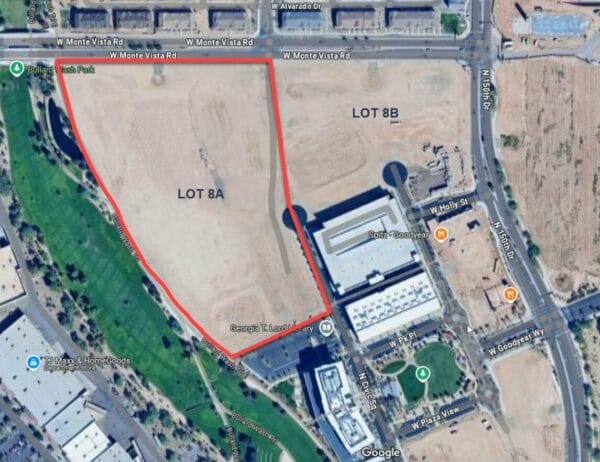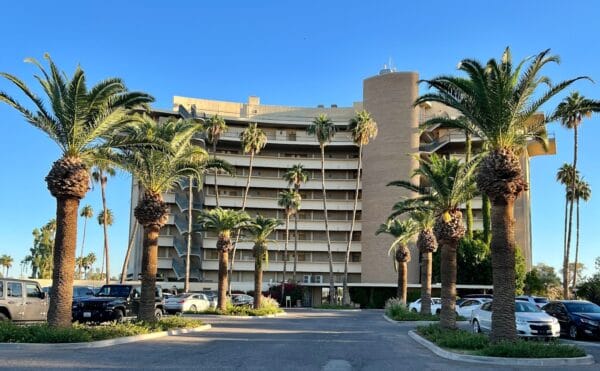By Ken Campbell
TheHockeyNews.com,
April 30, 2013
Almost four years after enduring a long and expensive court battle to keep the Phoenix Coyotes out of the clutches of Jim Balisille and after years of insisting the team remain in Arizona, the NHL is showing definitive signs of wavering in its support for a team in the desert.
In fact, deputy commissioner Bill Daly told thn.com at the NHL draft lottery Monday night that there is basically no guarantee for either the short- or long-term future of the Coyotes. He said he thinks it’s “better than 50-50” that the Coyotes will be playing in Phoenix next season, but acknowledged, “it’s not set in stone.”
 As far as the long-term future of the Coyotes is concerned, Daly also acknowledged the league is aware of the alternatives it has at its disposal and realizes it may have to consider them at some point in the near future.
As far as the long-term future of the Coyotes is concerned, Daly also acknowledged the league is aware of the alternatives it has at its disposal and realizes it may have to consider them at some point in the near future.
“I think you get to a point…Look, we’ve tried really hard to keep this franchise here and there is a reason we do that, because we think this club could be successful given the right circumstances,” Daly said. “So far we haven’t been successful in finding a buyer and at some point you have to make tough decisions. Are we getting to that point? If this doesn’t play out the way we’d like it to play out, maybe.”
Daly said, “a number of groups have expressed interest in the team,” but that is something that must be taken with a grain of salt. Expressing interest in buying the team and getting a deal done with the City of Glendale is one thing, putting pen to paper and actually committing real resources to a franchise that has been a perennial money loser is quite another.
The real salvation in the entire process – for the NHL, for any prospective buyer, and even for the City of Glendale – is to negotiate a short-term lease with the Jobing.com Arena. It’s generally accepted that any team negotiating a lease with Glendale will receive about $17.5 million a year to operate the building. That would still translate into losses of about $15 million a season. So rather than negotiate an escape clause that would allow the purchaser to move the team after a period, it could negotiate a five-year lease with Glendale instead. That way the new owner isn’t on the hook to lose money ad nauseam and Glendale gets some assurance that it isn’t bound to a long-term agreement that requires it to hand over millions of dollars of taxpayers’ money every year for the long-term.
“I’m not sure it’s an escape clause,” Daly said of the term of the sale. “It might be an escape clause, it might be a shorter-term lease. I think the mayor (Jerry Weiers) has already publicly expressed an interest perhaps in exploring a shorter-term lease. How short they’re willing to go and what that does with the dollars is a question we’ll ultimately have to deal with.”
The league is currently dealing with a group led by Calgary financier George Gosbee and Anthony LeBlanc, who leads the Ice Edge group that previously tried to purchase the team. Another group led by California-based investor Darrin Pastor is also involved, but it would be wise not to count out a group led by Matthew Hulsizer, who previously was a candidate to purchase the Coyotes, then the St. Louis Blues. Hulsizer’s group includes former Tampa Bay Lightning co-owner Oren Koules and former GM and agent Brian Lawton. It’s believed the Hulsizer group has had an offer to buy the Coyotes on the table for some time.
“Ultimately, I think Matt wants to have an interest in an NHL team,” Daly said. “I don’t know if this is the one or some other one. Matt’s a friend and whatever he expresses interest in, we’ll work with him.”
If the Coyotes do stay on a short-term lease, that would buy the league time to make other arrangements. NHL arenas are likely on the horizon in Quebec City, Toronto and Seattle. If the league were to move the Coyotes to Quebec City this summer, the first thing it would do would play havoc with the league’s new alignment plans. It would also necessitate working out how the losses incurred in playing out of Le Colisee for a couple of years would be covered.
That will also be a problem if the team remains in Phoenix. If it were to stay there and lose $15 million a year for five years, that means total losses of $75 million. Prospective buyers are believed to be negotiating with the NHL to have the league cover some of those losses. Some have suggested 50 percent, meaning any owner would be looking at losses of about $37.5 million for five years to keep the team in Phoenix.
The situation is in a massive state of flux and nothing will likely be determined until after the playoffs.











